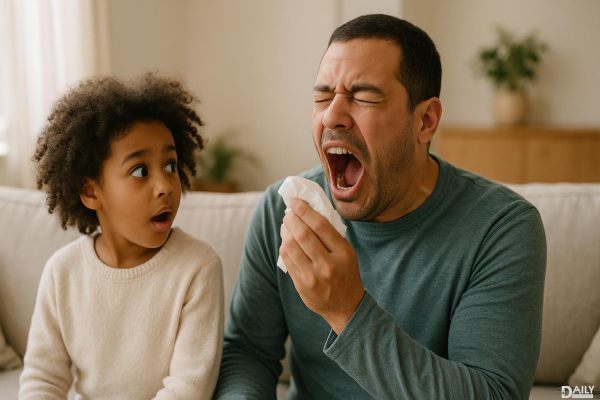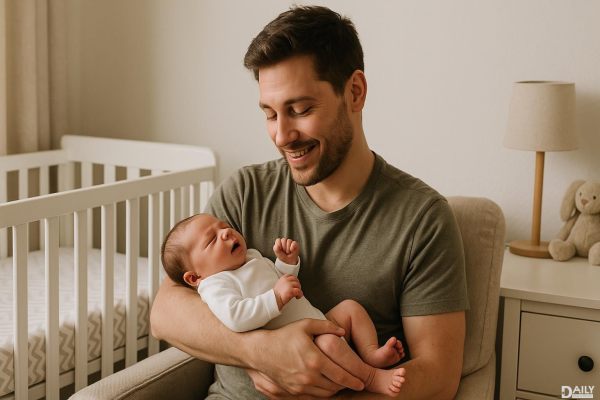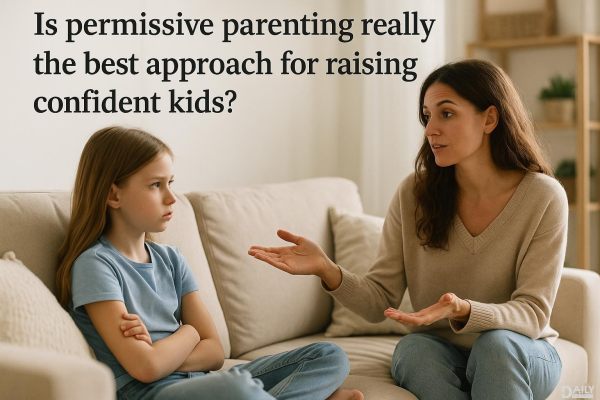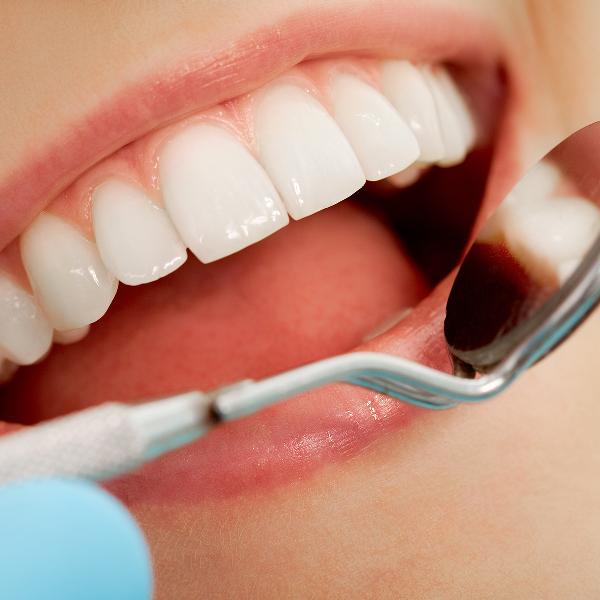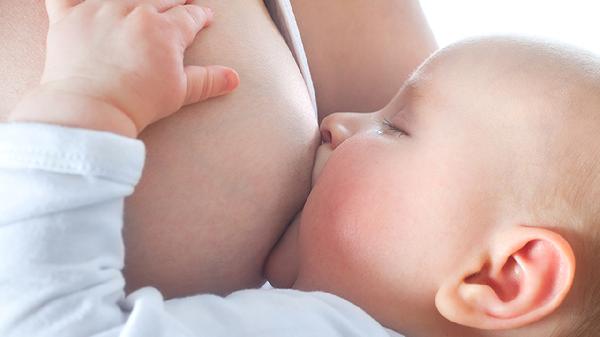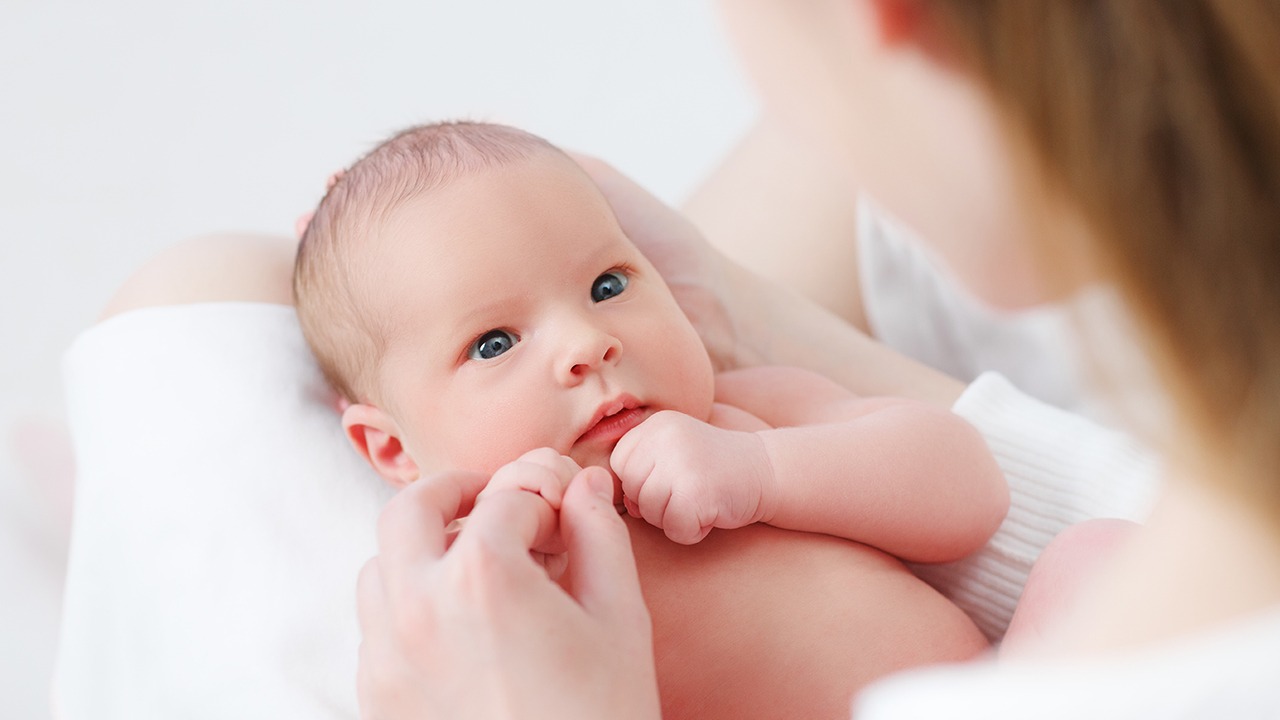Being the best dad isn’t about grand gestures or perfect parenting—it’s about the small, everyday habits that build trust, love, and resilience in your kids. The good news? You don’t need a PhD in child psychology to nail this. A few intentional moves can turn you from "just dad" into "super dad" in your kid’s eyes. Here’s the lowdown on five simple but powerful habits that help kids thrive.
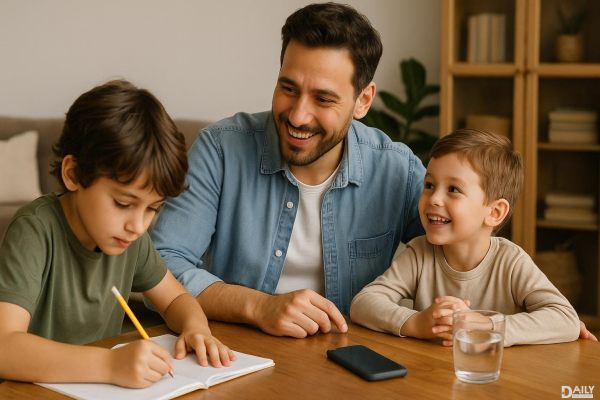
Kids don’t need a chauffeur or a walking ATM; they need a dad who’s present—not just physically, but mentally. Put the phone down, pause the podcast, and actually engage. Ask about their day and listen to the answer, even if it’s a 10-minute recap of a cartoon they watched. Research shows kids with involved dads have better emotional regulation, higher self-esteem, and even improved academic performance. So next time your kid starts explaining why their stuffed animal has a new backstory, lean in. That’s where the magic happens.
Dads often default to fixer mode: spilled milk? Clean it. Broken toy? Replace it. But stepping back lets kids problem-solve. Instead of swooping in, try: "How do you think we should handle this?" Whether it’s a tangled shoelace or a sibling argument, letting them wrestle with challenges builds grit. Bonus: It also saves you from being the family’s 24/7 handyman. Win-win.
Kids remember the dad who turned bath time into a pirate adventure or made pancakes shaped like dinosaurs. Play isn’t just fun; it’s how kids learn confidence and creativity. A study from the University of Cambridge found that fathers who engage in rough-and-tumble play help kids develop emotional resilience. So yes, that means you have full permission to have a living-room dance party or invent a ridiculous bedtime story. The more absurd, the better.
Kids are sponges—especially for what dads do, not just what they say. If you want them to be kind, show kindness (even to that neighbor who won’t stop parking too close to your driveway). Want them to handle stress well? Let them see you take deep breaths instead of slamming the laptop shut. A Harvard study found that children primarily learn ethics and coping skills by observing parents. So basically, you’re their real-life superhero. No pressure.
Kids need to know you’re their anchor, whether they aced the spelling test or accidentally set the microwave on fire (true story). Phrases like "I’m proud of you" or "We’ll figure this out together" build security. Psychologists call this "unconditional positive regard," but you can call it "being the dad who doesn’t freak out over small stuff." When kids feel safe failing, they’re more likely to take healthy risks—like trying out for the school play or learning to ride a bike.
None of this requires a radical lifestyle overhaul. It’s about stacking small wins: listening more, fixing less, laughing often, and showing up as your imperfect-but-trying self. Because at the end of the day, the best dad isn’t the one with the most dad jokes (though those help)—it’s the one whose kids know, without a doubt, that they’re loved.
